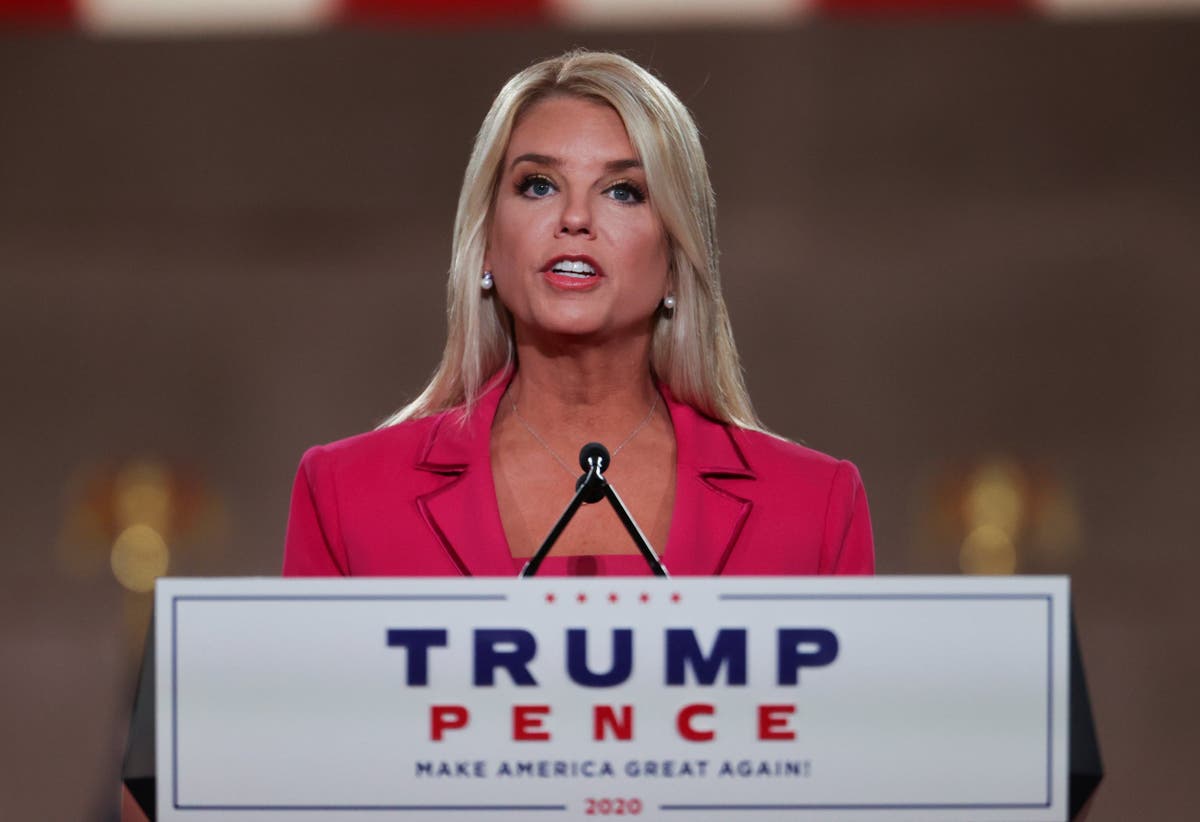
Colorado voters on Tuesday are set to decide whether to upend the way elections are conducted in the state. Proposition 131 would fundamentally change the electoral procedures for the state legislature and state offices — governor, attorney general, treasurer, secretary of state, the state board of education and the University of Colorado Board of Regents — as well as federal races for Colorado’s seats in the U.S.
House of Representatives and the U.S. Senate.
ELECTION RESULTS: Live Colorado election results for the 2024 election Early results are expected after the polls close at 7 p.m. The measure would replace the state’s current primary system with a single open primary in each affected race — meaning all candidates would compete against each other in a primary, regardless of party.
Prop. 131 would also institute a ranked-choice voting system, under which voters in the general election would rank each candidate in a given race by preference. The top four vote-getters in the primary — regardless of party — would advance to the general election.
If no candidate earns a majority in the first round of voting, the candidate with the fewest top rankings gets eliminated. Any ballot that had that candidate as the top choice then automatically shifts to that voter’s next-highest-ranking candidate, and the tabulation begins again. It continues in rounds until one candidate secures a majority of votes.
The measure is the brainchild of Denver millionaire Kent Thiry, who has successfully placed other election-related measures on the ballot in recent years. The campaign was one of the most expensive Colorado ballot measure efforts of this century, according to state campaign finance data. As of Monday morning, the Colorado Voters First campaign had raised more than $18.
1 million (a figure that includes $135,000 in non-monetary support) to back Prop 131. As of late October, the campaign had spent nearly $14.3 million — though that number was likely significantly higher by Election Day.
Final spending and fundraising totals won’t be released until December. Those totals still lagged behind the oil and gas lobby’s $38.7 million in spending — and $41.
7 million in fundraising — in the 2018 election. A 2014 campaign to increase school funding raised roughly $19.8 million.
In the final days of the Proposition 131 campaign, Thiry donated more than $2.8 million, upping his total contribution to back the measure to just under $6 million. He was joined in his late infusion by the Chevron Corporation, the oil and gas giant that gave $500,000 in late October.
Additional support came from an array of other wealthy benefactors, from the co-founders of Netflix and Riot Games to a scion of the Walmart-founding Walton family. The Colorado Chamber of Commerce gave $500,000. Kimball Musk, brother of Trump megadonor and the world’s wealthiest man, Elon Musk, also donated, as did Larry Mizel, the Denver businessman who’s hosted two Trump fundraisers in recent months.
Voter Rights Colorado, the primary group opposing 131, raised nearly $600,000 — including more than $200,000 in the last week — and spent $284,000 as of late October. Much of the group’s late money came from the left-wing Working Families Party and its sister organization, as well as from labor groups like the AFL-CIO, SEIU and Colorado Wins, which represents state employees. Stay up-to-date with Colorado Politics by signing up for our weekly newsletter, The Spot.
.














